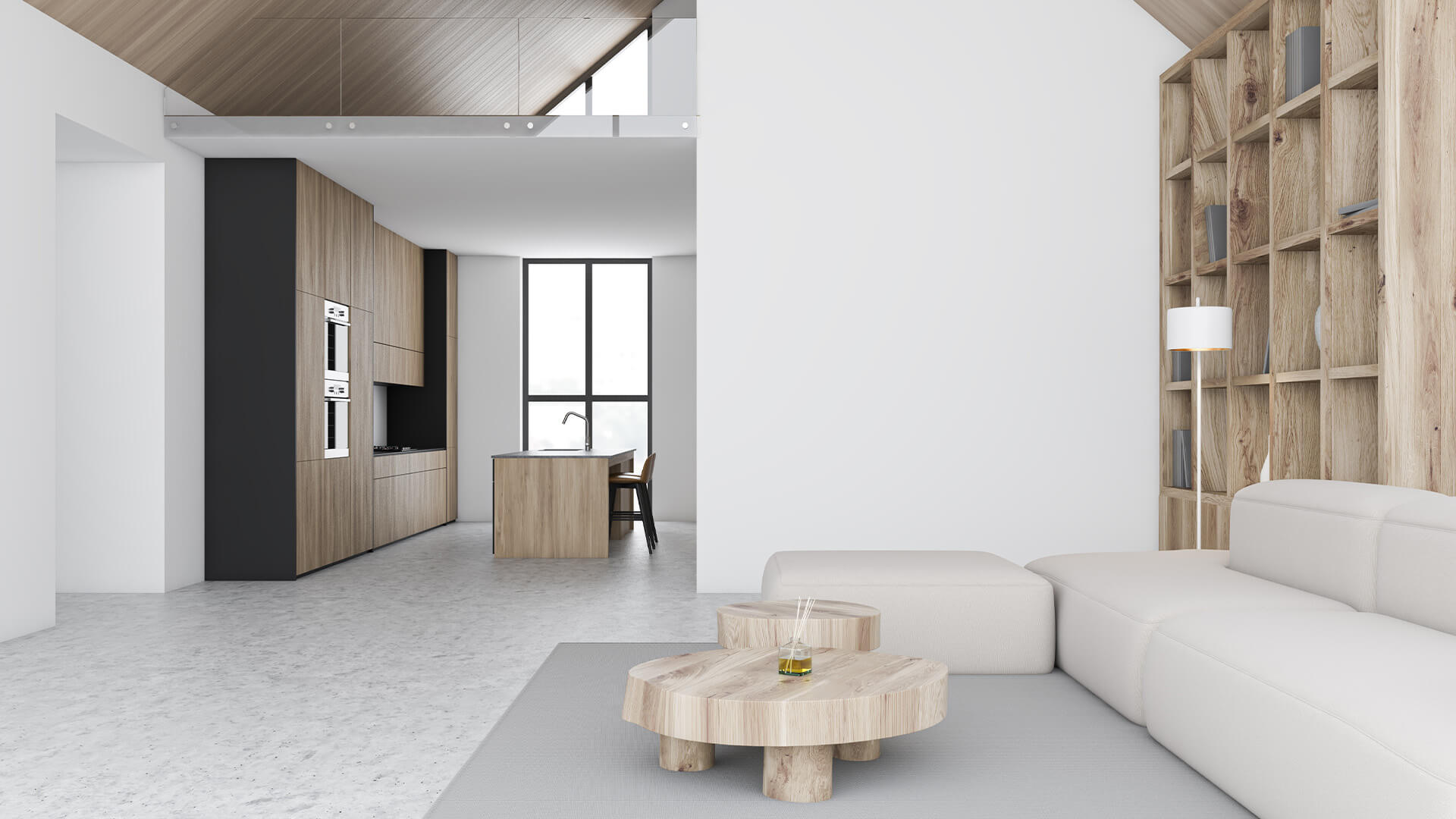Recognizing Minimalism: Methods for Reducing Mess and Enhancing Clarity in Everyday Living
Minimalism is progressively acknowledged as a viable strategy to enhancing clearness and focus in today's chaotic world. By systematically assessing our properties and focusing on intentionality, we can develop areas that not only show our values yet likewise advertise psychological wellness.
Defining Minimalism and Its Benefits
Defining minimalism involves recognizing it as a lifestyle option that highlights simpleness and intentionality in both physical ownerships and day-to-day regimens. At its core, minimalism motivates individuals to prioritize what really matters, permitting an extra purposeful and concentrated presence. By stripping away the non-essential, minimalism welcomes individuals to involve deeply with their surroundings and experiences.
It fosters psychological quality, as lowering clutter in one's setting can lead to reduced disturbances and anxiety. Minimalism advertises economic freedom; by prioritizing requirements over wants, individuals can make more enlightened buying decisions, leading to potential cost savings and decreased financial obligation.
Ultimately, minimalism is not merely concerning worldly decrease however includes an all natural change in perspective, promoting a life identified by gratification, equilibrium, and function. Welcoming this way of living can bring about profound changes in just how individuals connect and view with the world around them.
Analyzing Your Present Clutter
Clutter usually manifests as an overwhelming accumulation of things that no longer offer a purpose, creating a barrier to attaining a minimalist way of life. Take note of details groups of products, such as garments, books, or kitchenware, as this will aid you recognize the range of the clutter.
Furthermore, take into consideration the frequency of use for each thing. Ultimately, comprehending your current mess is a crucial step towards welcoming minimalism and enhancing clarity in your everyday living.

Practical Decluttering Techniques
Having assessed your current clutter, the following step is to carry out useful decluttering strategies that help with a more organized living room. Minimalism. One efficient technique is the "Four-Box" strategy, where you mark four boxes labeled: keep, give away, garbage, and relocate. This technique urges fast decision-making and guarantees items are classified properly
An additional approach is the "One in, One out" rule, which states that for every new product acquired, an existing item needs to be eliminated. This concept helps keep balance and protects against buildup in time. In addition, take into consideration the "30-Day Minimalism Video Game," where you eliminate one item on the initial day, 2 on the 2nd, etc, cumulatively fostering a feeling of accomplishment.
For those who deal with psychological add-ons useful link to ownerships, the "Sentimental Worth" strategy can be valuable. Limitation on your own to a certain number of cherished items, permitting you to appreciate their value without overwhelming your area. Lastly, establish a normal decluttering schedule, whether regular monthly or seasonally, to maintain a clutter-free atmosphere. By using these strategies, you can produce a much more efficient and calm space, ultimately improving quality in your daily life.
Creating Intentional Spaces
Producing willful areas entails a thoughtful approach to how we style and arrange our settings, ensuring each location offers a specific function and shows our worths. This technique is essential in growing a feeling of quality and function in our lives. By seriously examining the function of each room, we can get rid of disturbances and enhance our total well-being.
To develop deliberate spaces, begin by identifying the primary activities that will certainly occur in each area. A home workplace should be made to foster performance, including aspects such as adequate lighting, comfortable furniture, and minimal distractions. On the other hand, a relaxation area ought to advertise peace, featuring relaxing colors and comfy seating.
Furthermore, take into consideration the emotional impact of your surroundings (Minimalism). Integrating personal items that resonate with your worths, such as artwork or plants, can improve the connection to your room. Frequently a fantastic read examine these environments to ensure they remain to offer their desired purpose as your requirements evolve
Inevitably, developing willful areas is regarding making mindful selections that line up with your way of living, advertising consistency and effectiveness in your living and working atmospheres.
Keeping a Minimalist Mindset
Accepting a minimalist state of mind requires recurring reflection and intentionality in our ideas and activities. Establish apart time to review your dedications, ownerships, and also digital material, guaranteeing they line up with your core concepts.
This shift in perspective encourages admiration for simpleness, boosting total well-being. Including mindfulness techniques, such as meditation or journaling, can better reinforce a minimal frame of mind by advertising clarity and lowering psychological mess.
Furthermore, develop boundaries to protect your energy and time. Learn to say no to non-essential commitments and interruptions that do not add to your personal development. Surround yourself with like-minded individuals that sustain your minimal trip, as shared worths can boost motivation and liability.
Conclusion
In final thought, accepting minimalism offers significant benefits, including decreased clutter and boosted clarity in day-to-day life. The principles of minimalism serve as valuable tools for cultivating an atmosphere that supports personal growth and health.

Additionally, think about the "30-Day Minimalism Game," where you get rid of one thing on the first day, 2 on the second, and so forth, cumulatively cultivating a feeling of success.
In conclusion, welcoming minimalism supplies substantial advantages, including lowered clutter and improved clarity in day-to-day life.
Comments on “Discovering the Long-Term Effect of Minimalism on Mental and Emotional Wellness”